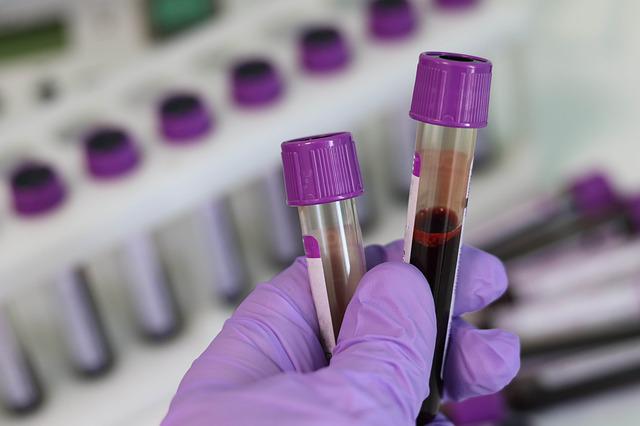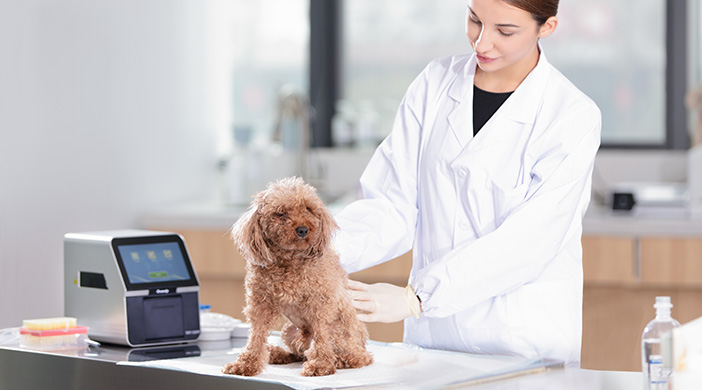Hyperlipidemia is a metabolic disorder in which the level of lipids in the blood is elevated. This disease is commonly seen in obese dogs and cats. It is characterized clinically by its hepatic fatty infiltration, elevated lipids, and abnormal blood appearance.
Hyperlipidemia is classified as secondary or primary. The latter is mostly caused by endocrine and metabolic diseases in animals, commonly diabetes mellitus, thyroid disease, pancreatitis, biliary obstruction, etc. Usually the animals show malnutrition, depression, weakness, nausea and vomiting, and milk-like blood.
In terms of blood biochemical tests, the veterinarian can determine the animal's physical condition through biochemical tests. For example, cholesterol TC and triglyceride TG can be measured, and hyperlipidemia can be diagnosed in adult dogs with high cholesterol TC and triglyceride TG, respectively, in a starved state. Changes in serum triglycerides above 2.2 mmol/L are usually visible to the naked eye. (Normally, after prolonged storage or centrifugation, a milk-like layer forms on the top of the serum, which is distinctly milky in color. It may also cause a false increase in other biochemical parameters due to the effect of the celiac material.)
In the case of secondary hyperlipidemia, the primary disease should be treated first. This should be accompanied by appropriate low-fat, high-fiber foods. If long-term dietary therapy is not effective, lipid-lowering drugs can be tried. Lipid-lowering drugs have side effects, and care should be taken when applying the dosage.
As the role of pets in human society changes and their status increases, we should pay more attention to their health. In order to better monitor the health of pets, regular checkups can be done to detect potential health problems in a timely manner. This will not only reduce the money and effort spent at a later stage, but also prevent missing the best time for treatment.
Seamaty's vet chemistry analyzer SMT-120VP can quickly detect your pet's physical condition. For example, our comprehensive plus, health check and diabetes test parameters are a good way to check the health of your pet.



